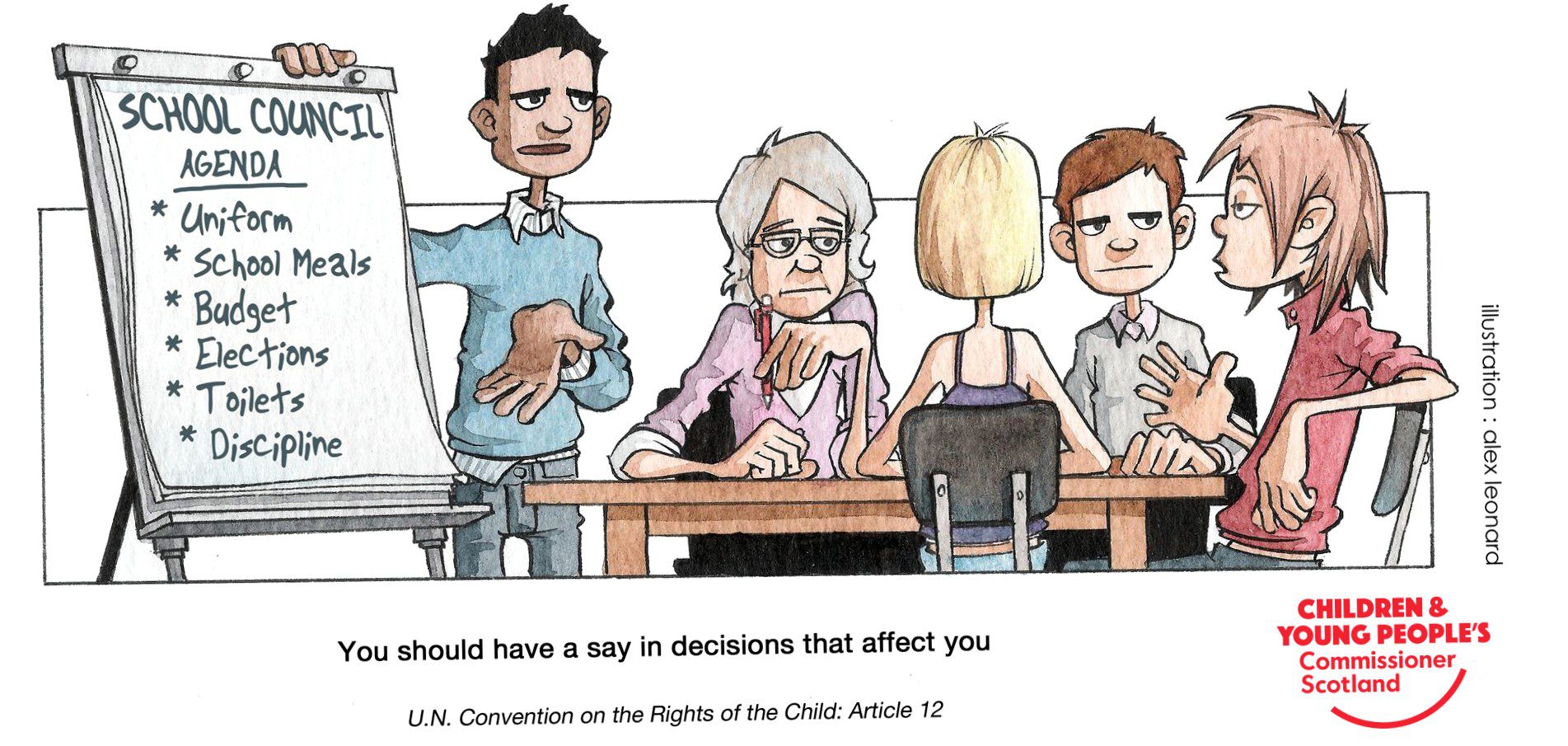Children can be loud and lively, which can lead to conflicts between neighbors in residential areas. These conflicts can often extend to landlords and tenants when residents complain about the noise. As a tenant, however, you have some rights when it comes to avoiding noise pollution from children in your neighborhood.
In many countries, laws protecting children and their right to play and recreation are very strict. However, this does not mean that children should be allowed to play in a way that annoys other people or endangers their health. It is the responsibility of guardians to remind their children to be considerate of their surroundings and to take playtime into account in municipal regulations.
If you, as a tenant, are bothered by children’s noise in your neighborhood, you have certain rights that you can assert. Landlords are often required to ensure that noise from children is reduced to an acceptable level. There are also legal provisions that regulate noise levels in residential areas and provide limits for noise pollution by children during certain times of the day.
The legal basis for children’s noise
Children’s noise is often a controversial topic in the neighborhood. While some are bothered by it, others accept the noise as part of life in a residential area. But what rights do tenants and landlords have with regard to children’s noise??

The legal basis for children’s noise can be found in the Federal Immission Control Act (BimSchG). Pursuant to Section 22 (1) BimSchG, children’s noise is generally to be accepted as socially acceptable as long as it does not exceed the usual limits.
But what does this mean in concrete terms? The term "socially adequate means that noise that occurs due to normal social interaction must be accepted. This includes children playing or singing loudly. However, this noise should not be allowed to go beyond the usual level.
The night’s rest is a particularly protected area. Between 10 p.m. and 6 a.m., it is generally prohibited to make noise that significantly inconveniences other people. For this reason, children are also required to play quietly during this time and not to behave too loudly.
In general, it is important that tenants and landlords communicate with each other to avoid conflicts. An attempt should always be made to find a solution that is acceptable to all parties involved. In case of doubt, a consultation with the tenants’ representative is necessary or landlords’ association may be helpful.
How much noise is acceptable?
Children’s noise is often a cause of neighborhood disputes. But how much noise from children you must actually tolerate as a tenant or neighbor?
In principle, children’s noise is recognized as so-called social noise in tenancy law and is therefore unavoidable. This means that tenants and neighbors must accept a certain level of noise from children.
But even here there are limits. The volume of children’s noise must not be so high that it becomes an unreasonable nuisance. If necessary, measures can be taken by the affected neighbors to reduce the noise level.
As a first measure, harassed neighbors should seek direct conversation with the children’s parents and try to find a solution. If this does not lead to success, the involvement of a mediator or even a lawyer can be considered.
- As a tenant, you have rights:
- You may apply for a rent reduction if the noise is unacceptable.
- If necessary, you can obtain an extraordinary termination of the lease agreement.
How you can deal with children’s noise as a tenant
If children’s noise becomes unbearable for you or your neighbors, there are various measures you can take. First of all, you should seek discussion with the parents and find a solution together. It can be helpful to find a compromise that is acceptable to all parties involved.
However, if the conversation does not bring any improvement, you as a tenant have the right to complain to your landlord. The landlord is usually obliged to ensure peace and order in the house and can, if necessary, also react with a warning or termination.

As a last resort, you still have to go to court. You can apply for an injunction limiting the noise level or obliging the children to play at certain times or places.
- Seek dialogue with the parents
- File a complaint with the landlord
- Going to court as a last resort
However, it is important to note that children’s noise is basically part of living in an apartment building and must be accepted to a certain extent. Complete silence cannot be expected.
As tenants, you should therefore also show consideration for the needs of other residents and treat each other with respect. After all, a good neighborhood starts with mutual understanding and tolerance.
What can landlords do about children’s noise??
As a landlord, you have certain obligations with regard to children’s noise. As a general rule, children’s noise is not a reason to terminate leases. This is also provided for in § 22 para. 1a of the Federal Immission Control Act clearly. However, there are certain measures that landlords can take to reduce the impact of children’s noise in the building.
A first step can be to talk to the parents of the affected children and clarify possible causes of the noise. Perhaps solutions can be found together to reduce the noise level. It is important that landlords are sensitive and respectful and do not allow children to be perceived as a nuisance.
If talks are not successful or the noise cannot be reduced by cooperative measures, landlords can also take legal action. One possible option is to send the tenants a cease-and-desist letter in which they agree to reduce the noise level. If this does not help, landlords can also claim damages.
- Measures against children’s noise:
- – Communication with parents
- – Find cooperative solutions
- – Send a cease and desist letter
- – Claim for damages
However, it is important to emphasize that landlords must always act within the framework of the law. This means that they must not restrict the rights and needs of the tenants under any circumstances. Children’s noise is part of everyday life and cannot be completely avoided. Nevertheless, landlords should try to find a good solution in cooperation with all parties involved.
Finally, good soundproofing of the house can also help reduce noise levels. In consultation with the tenants, landlords can take structural measures to improve noise protection. Good cooperation between landlords and tenants is essential.
Dealing with children’s noise and your rights as a tenant
If you are disturbed by children’s noise, you should first try to talk to the neighbors concerned. Often parents are not aware of the disturbance and can find a solution together with you. However, if this is not successful, you have rights as a tenant to take action against the noise.
First of all, however, children’s noise must be accepted as a matter of principle. This results from the law for protection against noise, which states that children’s noise is to be regarded as socially adequate noise. However, there are limits that must not be exceeded. For example, children are not allowed to make loud noises during nap time and at night.
If children’s noise exceeds the permissible limits, you as a tenant can complain to your landlord. The landlord is then obliged to take appropriate measures. These can be, for example, noise protection measures or reminders of the quiet times.
Should the landlord remain inactive, you as a tenant have the possibility to reduce the rent. In this case, however, you should definitely seek legal advice in order to proceed successfully. It is also possible to take legal action, but this should always be seen as a last resort.
- In summary, you as a tenant can take action against children’s noise if:
- The permissible limits of noise are exceeded.
- The landlord remains inactive.
- Measures against children’s noise can be:
- Talks with the neighbors concerned.
- Sound insulation measures.
- Rent reduction.
- Taking legal action.